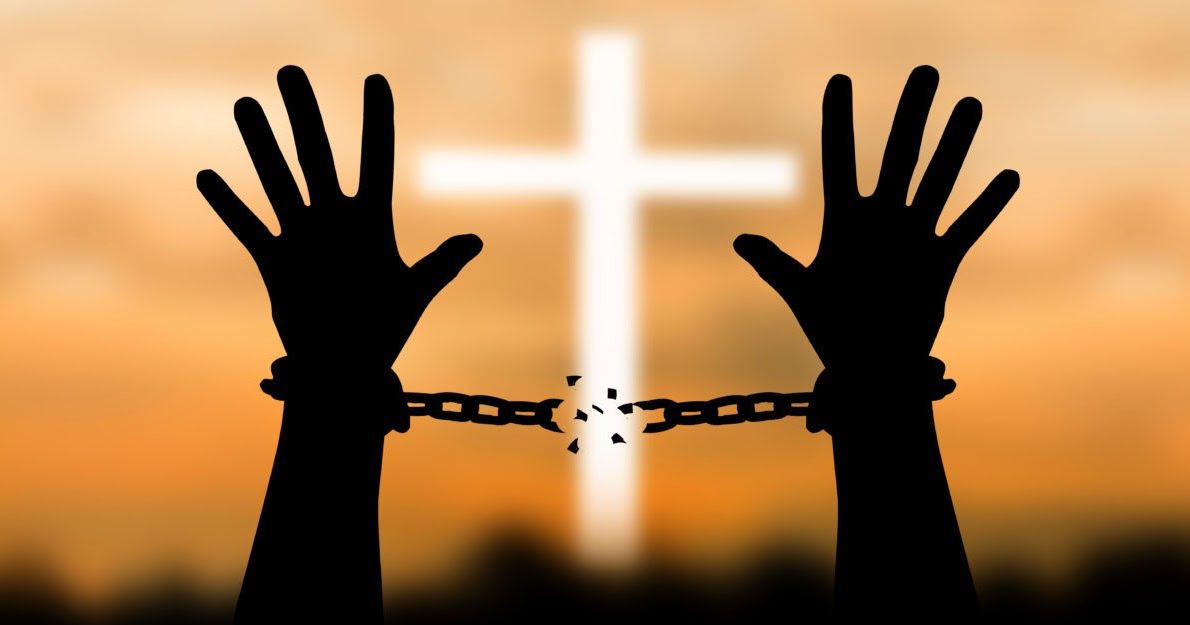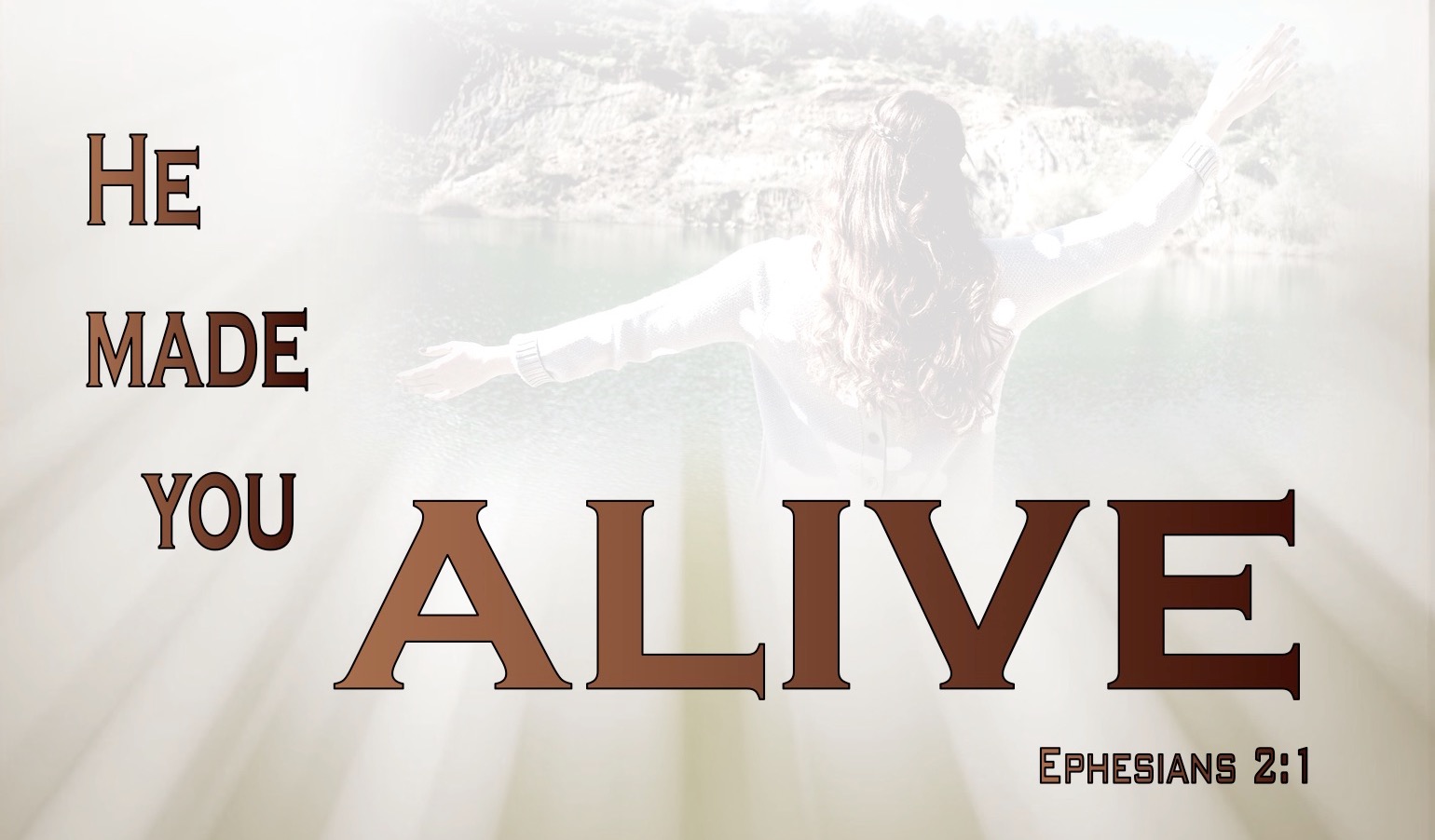“For this reason I, Paul the prisoner of Christ Jesus
for the sake of you Gentiles, pray to God”
– Ephesians 3:1 –
Of the fourteen epistles written by Paul, Ephesians, Philippians, Collosians, 2 Timothy, and Philemon were most likely written from prison. Paul came to consider his imprisonment as part of his life as an apostle and called himself a “prisoner of Christ Jesus.” His suffering was an inspiration to the other believers, and not a cause of dishonor or shame.
In Philipi he was locked up in the dungeon in an inner cell, his feet placed in a stock, and placed under military custody near the temple of Jerusalem.
In Caesarea, he was imprisoned in Herod’s palace while awaiting trail. Paul was taken to Rome, where he was confined to house arrest, guarded by a Roman soldier tied with a chain.
The apostle feels, perceives, prison as a part of God’s plan. While a prisoner, he keeps preaching. He appealed for his right to stand trial in Rome in order to testify in the world capital. He fulfills his misson to be the apostle to the Gentiles.
Paul portrays himself as a suffering apostle. He does not complain and is not resetful. His imprisonment is not a disgrace. It was a way to inspire others and strengthen their faith.
In Ephesians, Paul also places the cause of the gospel above all else. He presents himself as a prisoner of Christ fro the Gentiles. He could have been a prisoner of his circumstances, his past, his limitations, or his carnal nature. However, he defined himself as a prisoner of Christ for the Gentiles. A prisoner is not free to do what he wants and is restricted from his own privileges and desires.
Three times in this letter he says he is a prisoner (3:1; 4:1; 6:20). While physically imprisoned, he is spiritually a prisoner of Christ and of His cause. His crime was to say that the Gentiles were as much heirs of the Lord’s promises as the Jews. The hatred of his compatriots was limitless, as was his zeal to save everyone.
A very famous writer once wrote: “We are captive to Christ, the Lord of life and of His church. We march in His parade, and we know where it is headed. And once in a while we get a glimpse over our shoulder and see fellow prisoners following us in the parade. It’s worth it.”
When we acknowledge ourselves to be prisoners of Christ,
we are free from all sin and live to transform slaves of sin
into prisoners for the Lord.
May the Lord bless you today…










